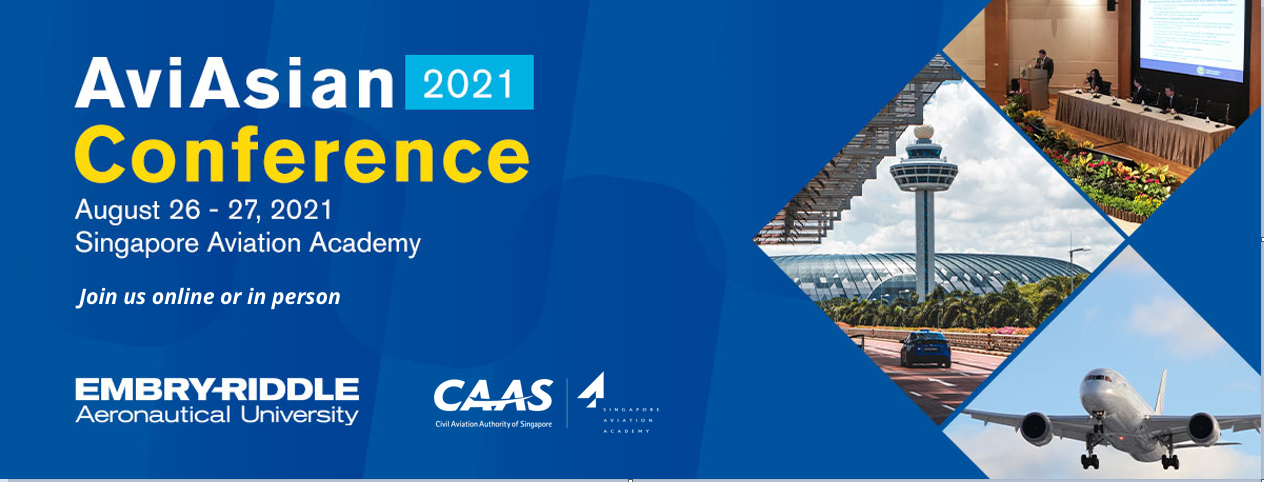
Session 6: Clean Skies for NextGen Using SAF – Technologies, Opportunities, and Challenges
Synopsis
Global climate change, coupled with rapidly increasing oil prices and energy demand around the world, has paved a way for intense research in the biofuel sector. The aviation industry accounts for about 1 billion metric tons (3 %) of global CO2 emissions annually. Stakeholders in the aviation industry have started to focus on Sustainable Aviation Fuel (SAF) as the key to decarbonize air travel. The life cycle assessment of SAF showed that the CO2 emissions could be decreased by approximately eighty percent based on production technologies, and feedstock. This paper discusses different SAF production technologies, how far we have reached regarding SAF utilization, the potential opportunities, and the challenges that are ahead of us in providing clean skies to our next generation.
Biographies
View bio.

Session 6: Clean Skies for NextGen Using SAF – Technologies, Opportunities, and Challenges
Global climate change, coupled with rapidly increasing oil prices and energy demand around the world, has paved a way for intense research in the biofuel sector. The aviation industry accounts for about 1 billion metric tons (3 %) of global CO2 emissions annually. Stakeholders in the aviation industry have started to focus on Sustainable Aviation Fuel (SAF) as the key to decarbonize air travel. The life cycle assessment of SAF showed that the CO2 emissions could be decreased by approximately eighty percent based on production technologies, and feedstock. This paper discusses different SAF production technologies, how far we have reached regarding SAF utilization, the potential opportunities, and the challenges that are ahead of us in providing clean skies to our next generation.




